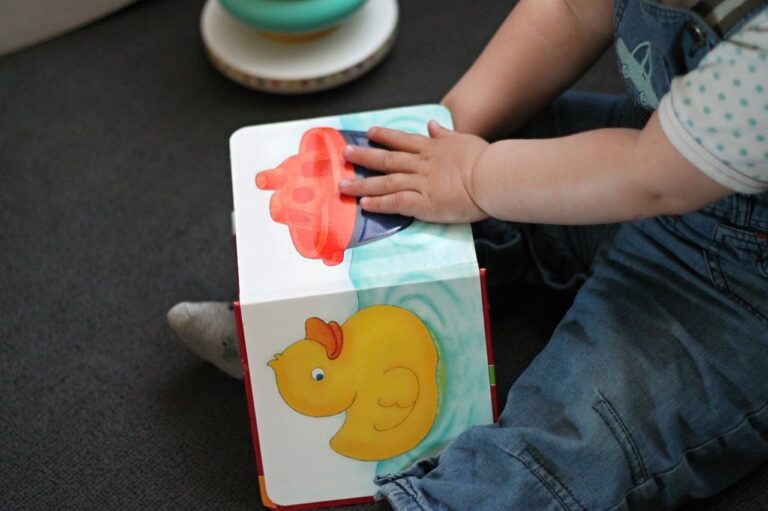Enhancing the Reliability of Peer Assessment: Laser247 com login id and password, Lotus 365.vip, Sky 247 login
laser247 com login id and password, lotus 365.vip, sky 247 login: Peer assessment is a valuable tool in the educational setting, allowing students to provide feedback to each other and learn from the perspectives of their peers. However, the reliability of peer assessment can be a concern, as it is essential that the feedback given is accurate and helpful for the recipient.
To enhance the reliability of peer assessment, there are several strategies that educators can implement.
1. Clear Criteria: One of the most critical aspects of peer assessment is providing clear criteria for students to evaluate their peers. By clearly outlining what is expected and what should be assessed, students are more likely to provide consistent and reliable feedback.
2. Training: Providing training to students on how to give feedback effectively can improve the reliability of peer assessment. This training can include guidelines on providing constructive criticism, being specific in feedback, and focusing on the task or criteria at hand.
3. Anonymous Feedback: Allowing students to provide feedback anonymously can help increase the reliability of peer assessment. This can reduce bias and encourage students to be honest in their evaluations.
4. Calibration: Before engaging in peer assessment, students can calibrate their assessments by comparing their evaluations with a model answer or assessment provided by the instructor. This can help students understand what is expected and align their evaluations accordingly.
5. Peer Review Groups: Creating small peer review groups where students regularly assess each other’s work can help build trust and familiarity among peers. This can lead to more reliable feedback as students become more accustomed to each other’s strengths and weaknesses.
6. Feedback Forms: Using structured feedback forms can help guide students in providing specific and targeted feedback. These forms can include questions related to the criteria being assessed, allowing students to focus on the most important aspects of the work.
By implementing these strategies, educators can enhance the reliability of peer assessment and ensure that students receive valuable feedback from their peers.
FAQs
Q: How can educators ensure that students take peer assessment seriously?
A: Educators can emphasize the importance of peer assessment and the value it brings to the learning process. Setting clear expectations and consequences for not taking peer assessment seriously can also encourage students to be more diligent in their evaluations.
Q: How can students deal with receiving critical feedback from their peers?
A: Students should approach critical feedback with an open mind and view it as an opportunity for growth. It can be helpful to focus on the specific areas for improvement identified by their peers and use this feedback to enhance their work in the future.
Q: What should educators do if they suspect that a student is not providing reliable feedback in peer assessment?
A: Educators should monitor the peer assessment process closely and intervene if they suspect any irregularities. Providing guidance and feedback to students on how to give effective feedback can help address any issues with reliability.
In conclusion, enhancing the reliability of peer assessment is essential for ensuring that students receive valuable feedback from their peers. By implementing clear criteria, providing training, and using strategies such as anonymous feedback and calibration, educators can improve the reliability of peer assessment and promote a more effective learning environment.







